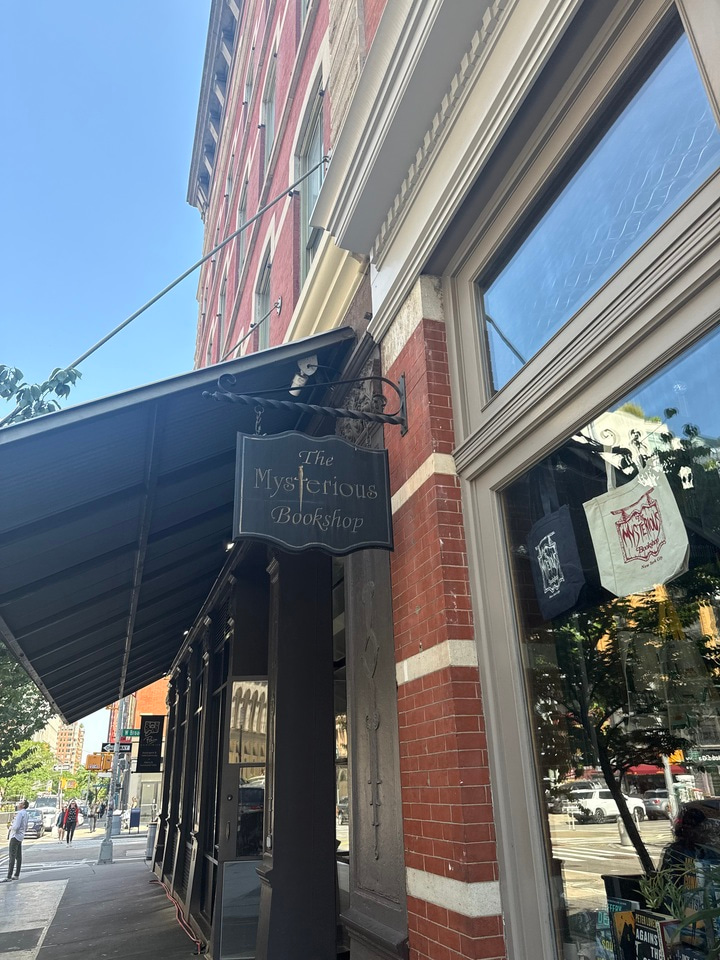
- What new ideas, challenges, or other issues have you encountered with regard to your project (this might include data collection, information that contradicts your assumptions or the assertions of others, materials that have enriched your understanding of the topic or led you to change your project, etc.)? How have these ideas or challenges shaped the bigger picture of your research? Has the scope or focus of your topic changed since you began this project? If so, how?
While I completed my lit review for my research, I’ve realized that so many of the facts that I thought I knew about political polarization were unfounded. For starters, I preliminarily wanted to look at neighborhood polarization as I initially thought that neighborhoods were adequate microcosms for general populations. However, as the literature and my meetings with the Columbia Poverty Center, researchers at MoreinCommon and local politicians has shown, polarization functions very differently (and is less prominent) in communities with a population less than 40,000 (the standard population for a Neighborhood Tabulation Area). This has made me shift my original research question, as I initially thought that this work could inform population wide strategies for unity, to instead investigate and find potential solutions to induce the factors that build and bridge community on the local level.
- Where does your research take place--or where is a favorite place to conduct your research? Post a photo!
- The best part about my research is that I get to spend so much time on the ground in my case study communities. One of these communities is Tribeca, I have spent many hours exploring this area and one day last week, I stumbled upon a mystery book store (The Mystery Book Shop)within Tribeca and stopped inside. Upon speaking with the owner, who has owned the shop for multiple decades, I discovered that it was a hotspot of local politicians (as it is very close to city hall) and somewhat of a microcosm of polarization and community building. It is spots like these that are my favorite part of conducting research, as interview responses have proven that communities are likely to find common ground and a shared sense of self from local businesses and orgs like this.
Please sign in
If you are a registered user on Laidlaw Scholars Network, please sign in
I love that you're using this research as an opportunity to connect with new communities! Your realization about the shift in your research question is also so relatable to me, given the ever-changing path of research during the Laidlaw program. The challenges we have all been appearing to face over the past several week is demonstrating to me that a large part of this program is not so much to get us to produce a polished final product that exactly matches our expectation at the beginning, but to discover the limitations of research in general and to learn more about what is realistic to investigate in our fields of interest.